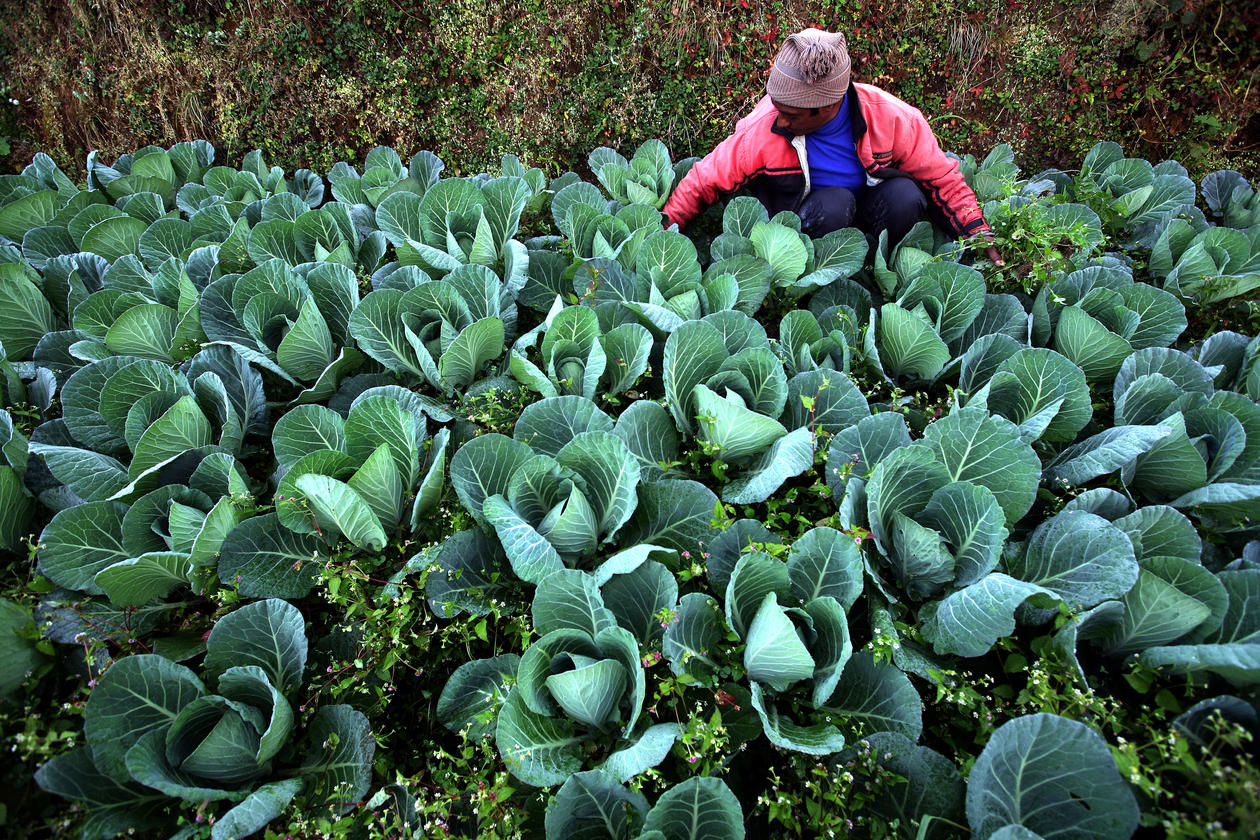

According to the Intergovernmental Panel on Climate Change: Climate Change and Land report (2019), 75% of land on earth and 66% of oceans have been severely altered by humans.
“ We need to understand that the environment does not belong to us, but we belong to the environment. We interact with the environment every nanosecond and it is sustaining us continuously,” says environment impact assessment expert, Dr Radindra Bhattarai. “ We have come to a very sensitive phase in terms of our interaction with nature, we need to stop being violent towards nature,” he adds.
Deforestation and water pollution have threatened the lives of many animal and plant species which are on the verge of extinction. The world population is projected to steadily increase to 8 billion and inevitably, the natural ecosystems are in a phase of decline due to exploitation. “Environmental Impact Assessment (EIA) should be assessed before any development project gets implemented, in the case of building roads in the hilly region in Nepal, this assessment lacks. Rapid developmental activities in Nepal are taking place at the cost of nature, which is not sustainable,” says Dr. Bhattarai.